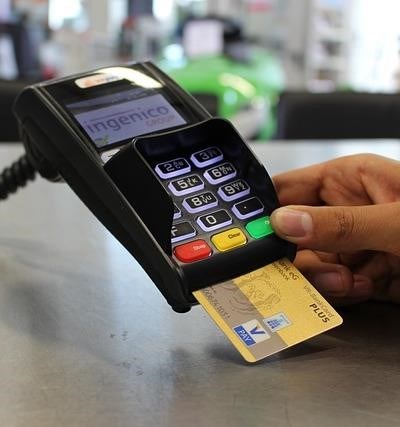
I’ve spent years investigating illicit finance, and recently, my focus has been on how terrorist organizations exploit vulnerabilities in the global financial system. One particularly concerning area is the use of non-VBV (Verified by Visa/Mastercard) credit cards in terrorist financing; I’ve personally reviewed numerous cases involving this method, and the scale is alarming.
Unlike cards with strong authentication measures, non-VBV credit cards offer a relatively easy pathway for moving illicit funds. These cards, often obtained through stolen identities or fraudulent means, lack the security protocols that would flag suspicious transactions. This makes them ideal for concealing the source of money and avoiding detection by transaction monitoring systems. I saw one instance where a group used dozens of these cards to purchase supplies for bomb-making, masking the transactions within seemingly legitimate purchases.
My investigations revealed how these cards are integrated into a broader network of illicit finance. The funds are often layered through various alternative payment systems and underground banking channels. This makes tracing the money back to its source incredibly difficult. The use of prepaid cards and virtual currencies further complicates matters, adding another layer of anonymity to the process. I even encountered instances where cryptocurrency was used to purchase these non-VBV cards, creating a virtually untraceable trail.
The lack of robust AML compliance and weak KYC regulations in certain jurisdictions exacerbates this problem. This creates havens for those involved in terrorist financing and money laundering. Effectively combating this requires a multi-pronged approach. Stronger international cooperation is crucial, along with improved financial intelligence sharing between nations. More sophisticated fraud detection systems and enhanced investigative techniques are also vital.
During one particularly challenging case, I discovered a network using non-VBV cards to fund a cell planning an attack. The investigation involved painstakingly tracing transactions across multiple countries, using financial sanctions databases and collaborating with international law enforcement. The challenges were immense, but the eventual disruption of the network highlighted the importance of persistent efforts to combat this increasingly sophisticated form of financial crime. We need stricter regulations on the issuance and use of non-VBV cards, coupled with advanced counter-terrorism financing strategies.
The fight against global terrorism is deeply intertwined with tackling the sophisticated methods used to finance it. The use of non-VBV credit cards is just one piece of a complex puzzle, but it’s a significant one, and one that requires our continued attention and proactive measures.

